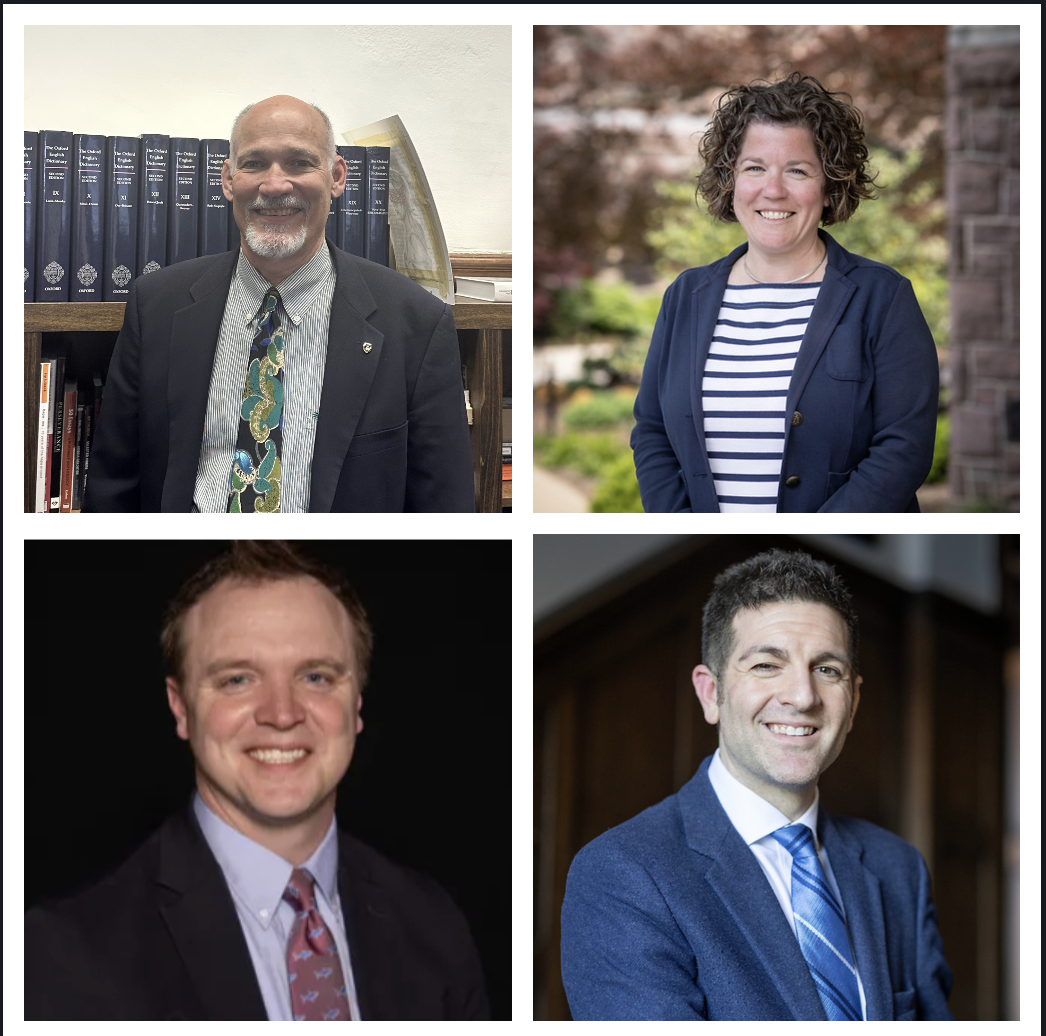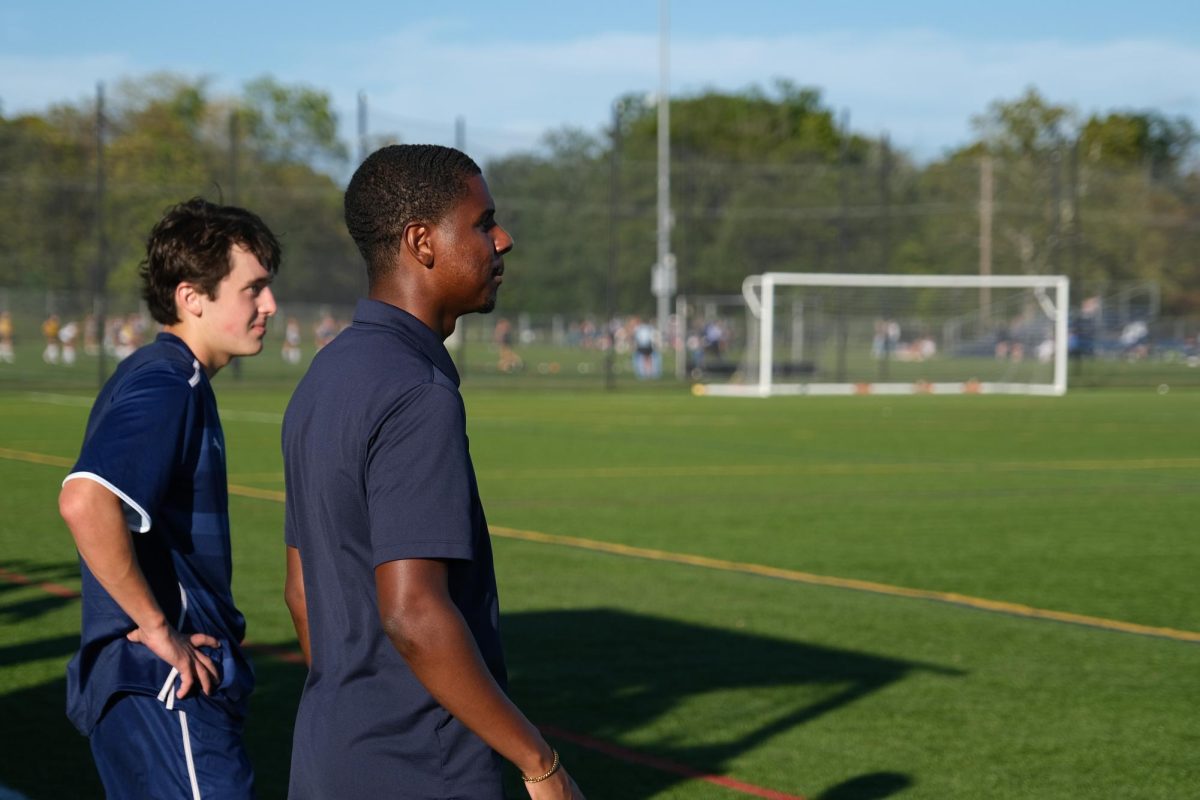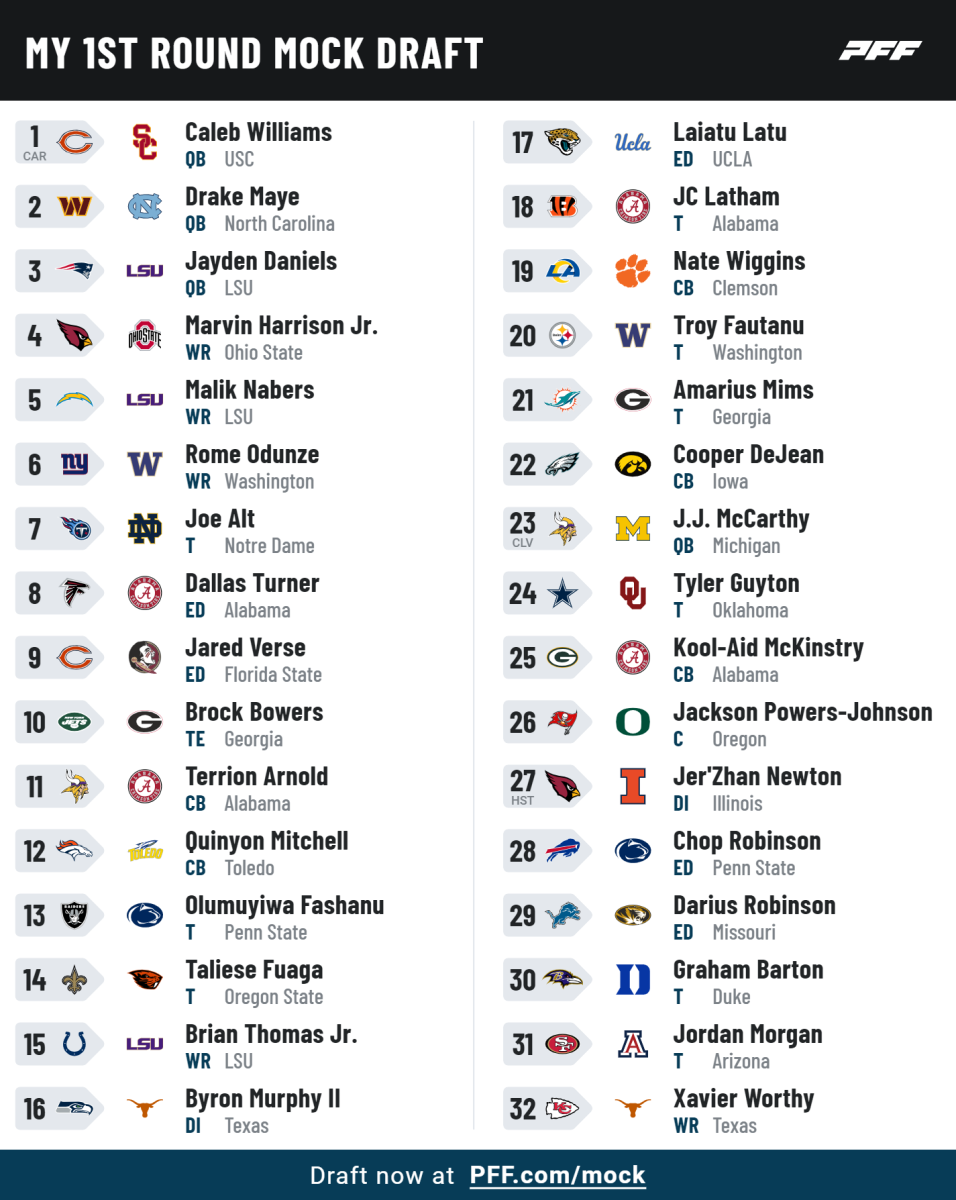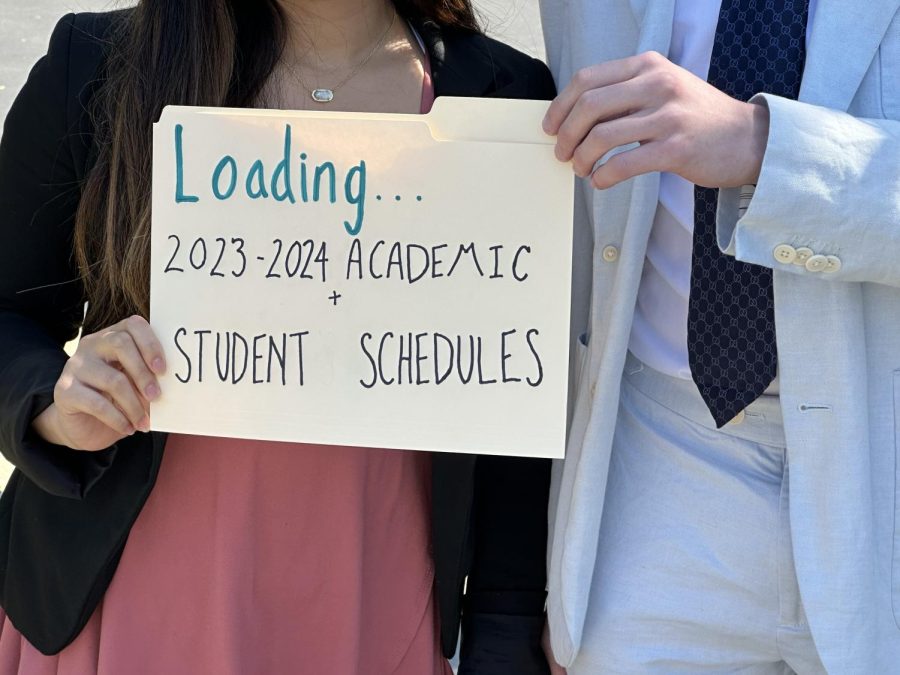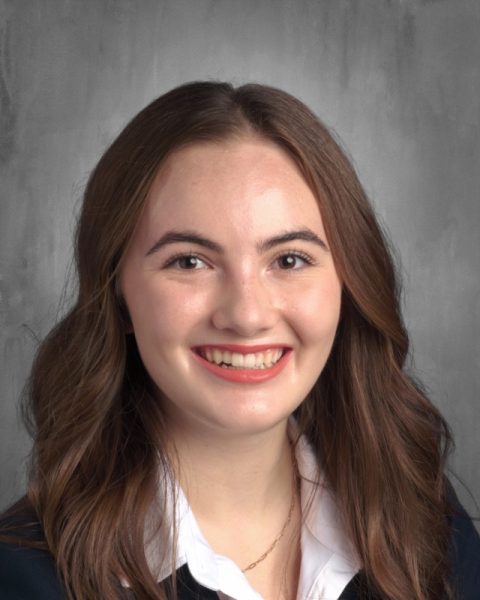Upcoming student schedules are developed amidst further schedule changes
Media: Faisal Choudhri '24
Students wait patiently to hear about the new academic schedule.
Over the past two years as Hill has been developing past its former “COVID-isms”, the school has overcome massive logistical setbacks, health emergencies, and community barriers. Yet finally, as the summer approaches, many students look back upon the year as one filled with more constants than variables, at long last approaching the “Hillness” of the past. Or so it seemed. One glaring variable remained evolving as we approach the next school year: the academic schedule.
Since the sign of the COVID-19 pandemic in 2020, the academic schedule has changed every school year. First, it was altered as a means of grouping students together in a way that would promote the safety and health of the community. In the following two years, it evolved from that COVID schedule to fit the needs of the community, with alterations being made as needed. Now approaching the third year since the beginning of the pandemic, the schedule will change again.
This change, while seemingly repetitive, is deemed necessary by many members of the community. Moreover, to ensure maximum viability, many groups on campus contributed to such development.
“The process to create next year’s schedule was an extensive one,” Matthew Rinkevich, instructor of religious studies and a member of the team who oversaw the development of the new schedule, explained. “It included gathering feedback from students and faculty. It included the creation of student and faculty focus groups. It included faculty, particularly Mr. Spencer and me, working with the Academic Office to create schedule drafts. And it included meetings with Academic Council and other groups to shape and revise those drafts.”
This list is not entirely exhaustive Rinkevich also shared that the senior administrators, the Deans Office, the athletic department, the dining services, and the chaplains were also involved in the schedule creation process.
“I think that there’s been a lot of feedback this year from students and faculty about how chaotic and arrhythmic the schedule feels,” Jay Spencer ’84, Athey Family Master Teacher of Mathematics and a member of the team which oversaw the creation of the upcoming schedule. “It’s really hard to get a feel and pace for the year, and it feels very unsettled.”
Rinkevich shared a similar sentiment about the schedule, explaining that “these mod days make it very difficult to create a rhythm throughout each term, and I think that’s an issue.
Rinkevich also shared his particular influences from history when crafting the new schedule.
We need consistency, and to achieve that, I thought it was important that we remember the roots of our way of life here,” Rinkevich stated in an email. “In part, the origins of a community like ours—one in which everyone lives and works together—is the medieval monastery. In the Middle Ages, Christian monks and nuns followed a strict schedule: they awoke at the same time daily, worked at the same times daily, ate at the same times daily, prayed at the same times daily, and so on. Now, that might sound monotonous, but it creates a sense of stability, of security, and of consistency.”
Academic Dean and Athey Master of English Katy Hudak and Dean of the Shirley Quadrivium Jared Courtney also oversaw the development of the new schedule.
“We also wanted to preserve cherished traditions like two chapel meetings and seated lunches while making sure we continued to make room for more recent changes like flex period,” Hudak stated in an email. “There were also temporary accommodations we had to consider, like longer passing time for chapel as it will be held in the CFTA next year while the chapel itself undergoes renovation.”
When considering the development of the new schedule, Spencer explains his approach:” I wanted to make sure we did not present a schedule that wasn’t going to fly because it violated one of the principle non-negotiables. So, the non-negotiables were that there will be two “long blocks” and one “short block” per class, per week. Other non-negotiables included the seated lunch, chapel, advisory, and flex. And finally, there had to be a ‘meeting’ space.”
Some students, especially in the rising 6th form, express discomfort with the idea of yet another schedule change.
“It’s already a lot to keep up with everything here. Trying to figure out another new schedule is another added stress because it takes a lot to get into the motion of things,” Audrey Nehr ’24 explains.
However, Spencer offered a consideration in response to some worried about the schedule changing yet again.
“I was not involved in any of the student panels, but I have students in my class who have asked about it, and my sense is that generally people are satisfied with the changes,” Spencer said. “But I think the point is a good one that the constant change can in of itself be distressing.”
Spencer also explained that what “might help is that if it’s framed to the students that by and large, the schedule is the same” and that “all we’ve done is made minor tweaks to make it more manageable and predictable, and easier to understand.”
As the development team makes known their contentment with the alterations made, they express their hope that it will be a lasting feature that is well received by the student body. However, the academic schedule contains many, much more individual factors as well. With the development of a new academic schedule, the academic office must also consider the scheduling of individual students’ timetables. Although students eagerly await the release of their schedules on MyBackpack each summer, they may not realize the complexity involved in tailoring them to each student.
The schedule-making process begins in the spring term of the previous academic year, when students submit their course requests. Bo Kim, Director of Studies and Instruction, worked with each department to ensure that students are placed at appropriate levels and that students receive their approved courses.
In early July, Kim and registrar Marco Roethling start the task of creating over 500 student and faculty schedules. They use the MyBackpack senior software to input students’ courses and the sections being taught, and the software arranges everyone’s schedules as best as possible. However, conflicts still arise, and Kim notes that the software has only about an 80% accuracy rate. Therefore, four weeks of manual conflict resolution ensues, with priority given to graduation requirements and sixth formers’ preferences.
“With student schedules, the hardest part is the seven class students,” Kim elaborated. She continues, “There is not a lot of wiggle room to move classes without conflicts. The other issue is one section classes; They are extremely difficult to fit in with all of the other classes in a schedule. For example, Ensemble classes [Jazz Band, Orchestra, Chorus] are always tough in this way. It’s like a big puzzle”. The team must also consider the campus service, eudemonia, and college seminar periods, and collaborate with prevention education specialist Doug Jones, associate dean of students Heidi Eccleston and the college counseling team to create them.
Kim also works closely with students who have unresolvable conflicts to find alternatives. In addition, the team must design schedules for incoming students, whose course selections are finalized by late May. Kim spends June communicating with families to ensure that they are in the correct classes and meeting appropriate requirements. Incoming students’ selections then go through the same process as returning students.
The team also designs the faculty’s schedules, which Kim notes is a “far less complicated” process. They use the same MyBackpack software, but there are fewer conflicts, and they tend to be less detailed. Kim explains,” Because the faculty schedules follow the course demands, it’s not as difficult to arrange. However, meeting periods do pose a challenge. For example, all of the residence counsel has the same meeting period, which is generally easier to maneuver. The Academic Counsel is much more difficult.”
The result of this meticulous and time-consuming process is hundreds of perfected schedules. So, the next time students check their schedules on MyBackpack, they should take a moment to appreciate the effort that went into creating them. And if they see Kim, Roethling, or Eccleston, they should express their gratitude for the team’s dedication, as this is just one portion of the work they do while students enjoy their summer break.




